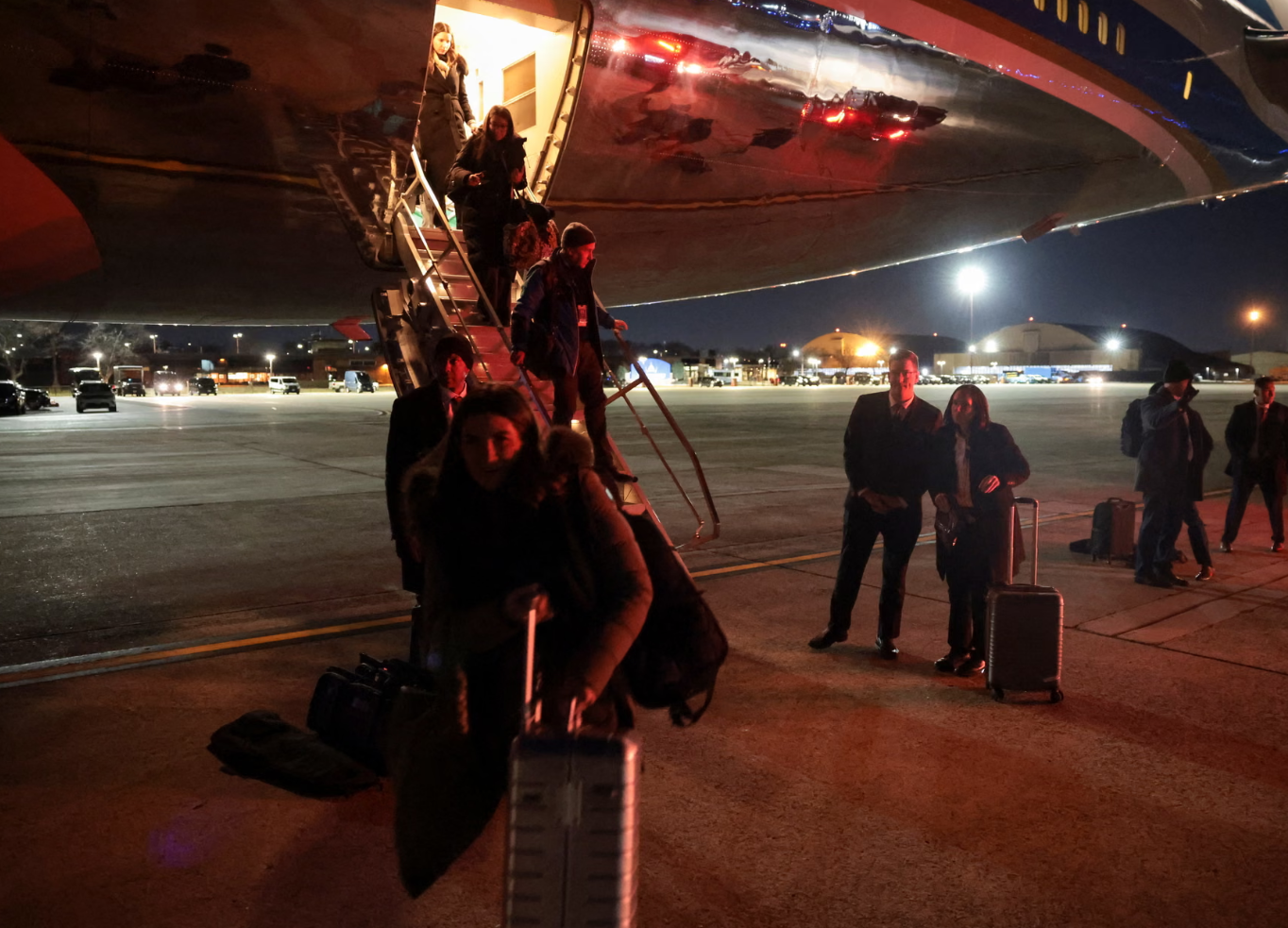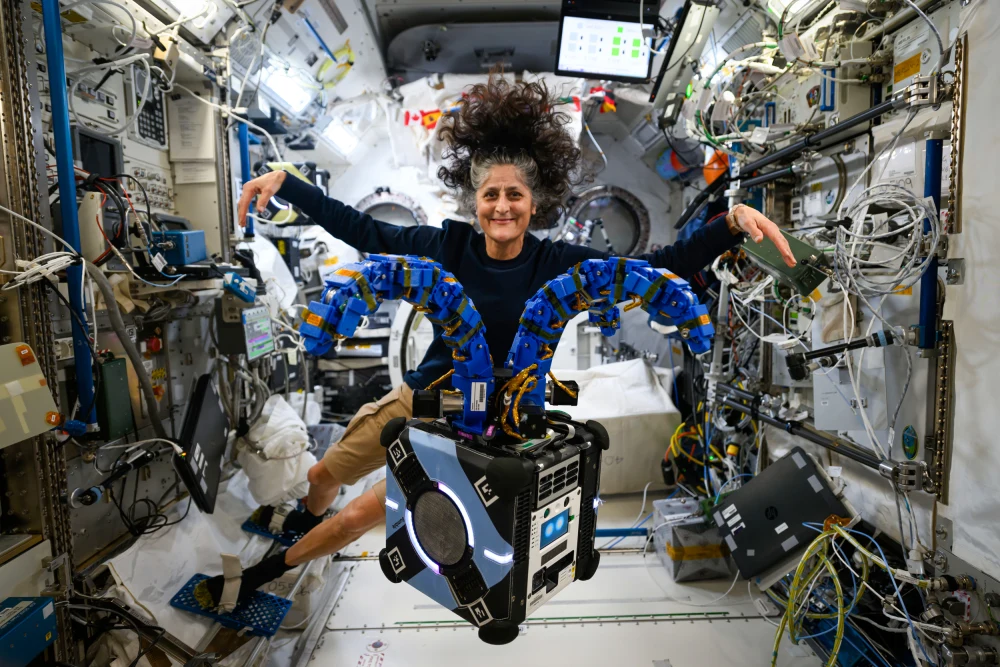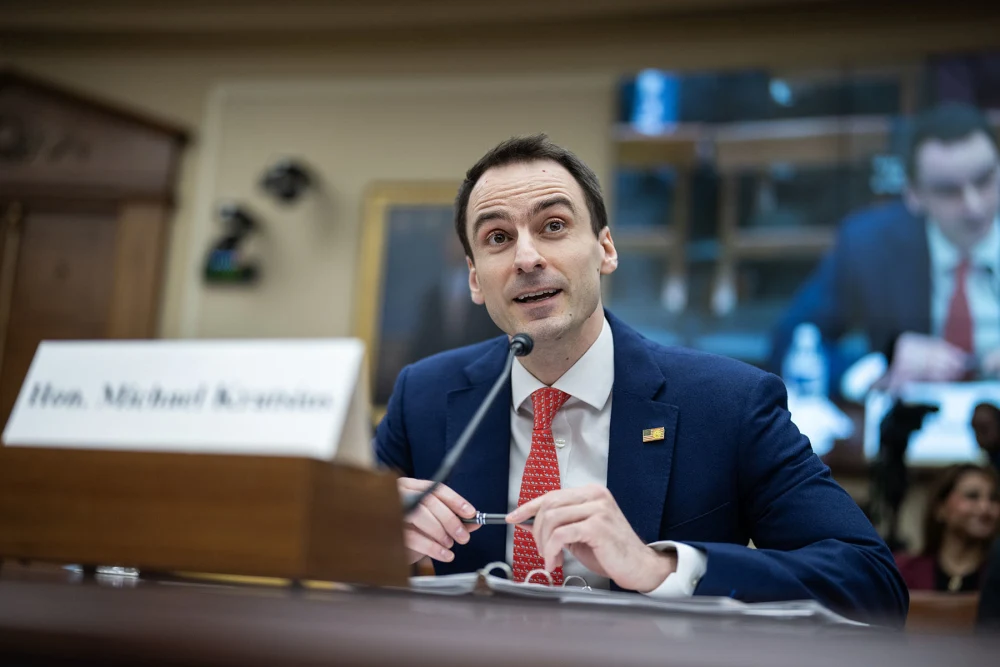A promising government-funded cancer trial is back in motion after budgetary and workforce cuts imposed by the Trump administration threatened to derail its progress, the trial’s lead researcher told ABC News on Thursday.
Dr. Steven Rosenberg, a pioneering immunotherapy researcher at the National Institutes of Health, said the future of his trial was called into question last month when two of his technicians and others on his team were laid off amid ongoing government-wide funding cuts, dealing a potentially life-threatening setback for individuals with advanced cancer diagnoses.
But Rosenberg said the NIH’s newly confirmed director lifted the hiring freeze and eased purchasing restrictions on Wednesday, allowing his team to recruit scientists and resume their work.
“That was a roller coaster for several weeks, but it’s now being corrected,” Rosenberg told ABC News.
Rosenberg’s trial uses tumor-infiltrating lymphocytes, or TILs — immune cells that are part of the body’s own defense system, taken directly from a patient’s own tumor. Carefully chosen TILs are multiplied by the billions in a lab, then reintroduced into the patient to target the cancer’s unique mutations.
When combined with other drugs, the trial showed that TILs successfully shrank tumors in 24% of patients with advanced gastric cancers who had not responded to any other treatments and were considered terminal.
“We developed techniques to specifically identify and select the cells, the lymphocytes that recognize the cancer, selectively grow them, and that, now for the first time, was an immunotherapy that was capable of causing the regression of these solid tumors using the patient’s own body cells,” Rosenberg explained.
The initial results, published earlier this month in the journal Nature, sparked excitement among cancer researchers, who called it a potential breakthrough for hard-to-treat solid tumors — the kind responsible for 90% of cancer deaths.
The published trial included 91 patients, and more research is needed before the treatment can win FDA approval. But advocates say even this early progress is encouraging and shows the power of the body’s own immune system when guided by precision science.
Melinda Bachini, the ninth participant in Rosenberg’s trial and the first to have a complete response to the treatment, said she was relieved to hear the trial is moving forward again.
“I am very grateful because that means patients won’t have to wait and they’ll have the opportunity and a possibility at a chance for treatment, and hopefully a response to this amazing treatment,” Bachini told ABC News.
She acknowledged that the uncertainty caused by earlier disruptions was stressful for people hoping to join the trial.
“On again, off again — that causes a lot of stress and anxiety for patients who are waiting to know whether they’re going to have that opportunity to get into the trial,” she said. “So hopefully there won’t be any more interruptions so patients can get access as soon as possible.”
Bachini, who was diagnosed with a rare and aggressive liver cancer more than 15 years ago, was a paramedic and mother of six when the disease spread to her lungs. After standard treatments failed, she found Rosenberg’s trial online and enrolled. She received TIL therapy — and more than a decade later, remains cancer-free.
“I remember telling the first research scientist at my first cell infusion, jokingly kidding him, saying, ‘All right, you ready to make history?’ And we did,” Bachini said.
She said the treatment gave her a second chance at life — one she might have missed if the trial had been put on hold while she was waiting.
“Had my treatment been delayed even a month, I’m not sure I’d be here today,” she said.
She also defended the study from online critics who questioned the trial’s results.
“If it works, it’s a home run. They can’t improve the science if we don’t have patients participating,” she said.
“We can’t afford for the amazing staff [at the NIH’s National Cancer Institute] to be cut,” she added. “Patients don’t have the luxury of the time to wait.”
On a larger scale, the fate of future health research funding remains uncertain. Several lawsuits have been filed against the Trump administration by research organizations, universities, and state attorneys general, challenging the legality of grant terminations and widespread staffing cuts.
Rosenberg says his team is now moving full steam ahead, focused on refining their approach and boosting the benefits for patients who are otherwise out of options.
“It’s been sad, in a way, to see things get a little bit disrupted,” he said. “But we’re continuing to work.”




